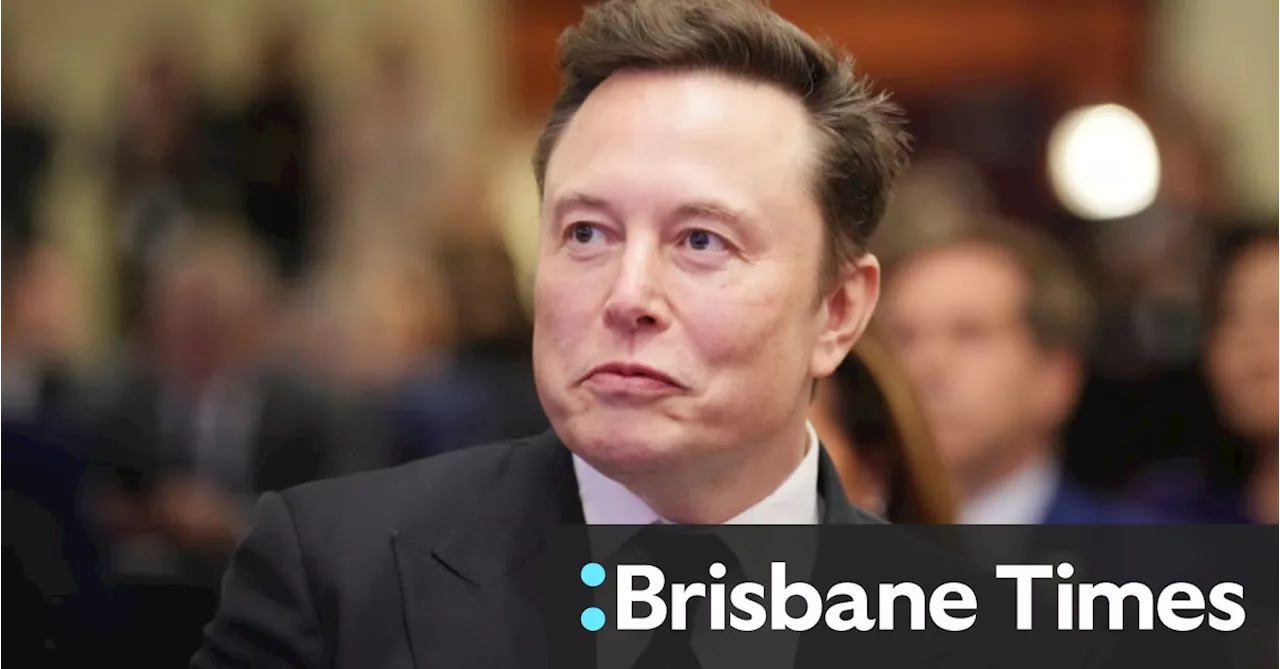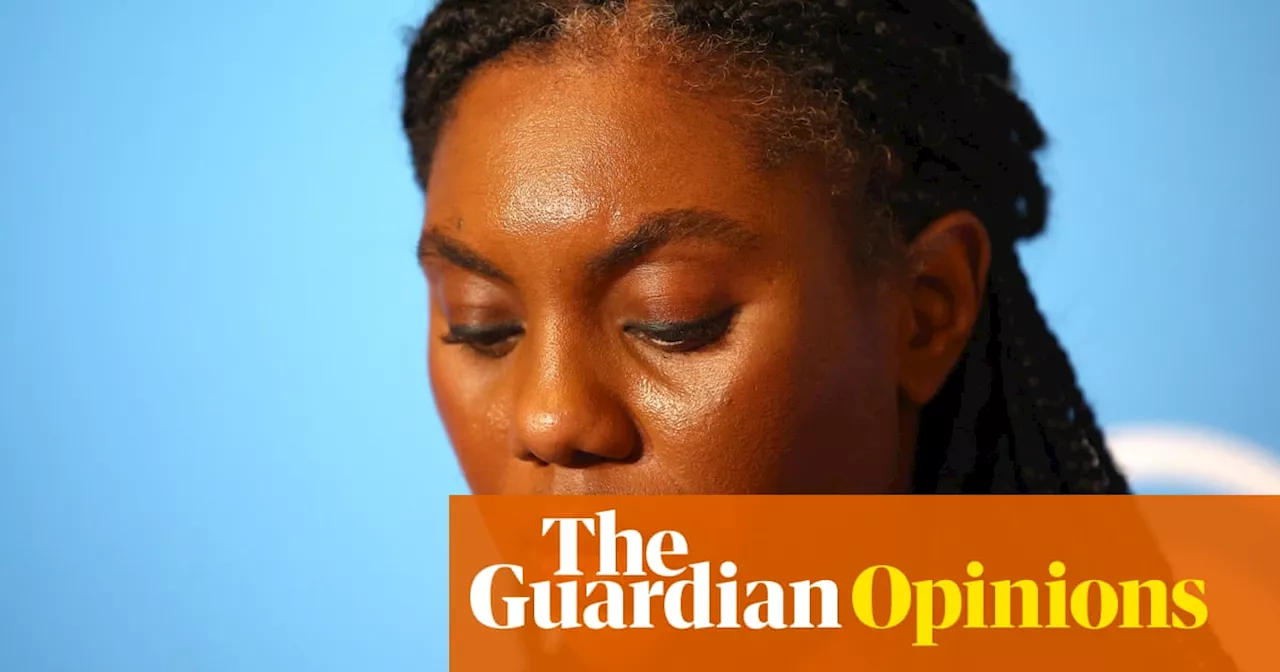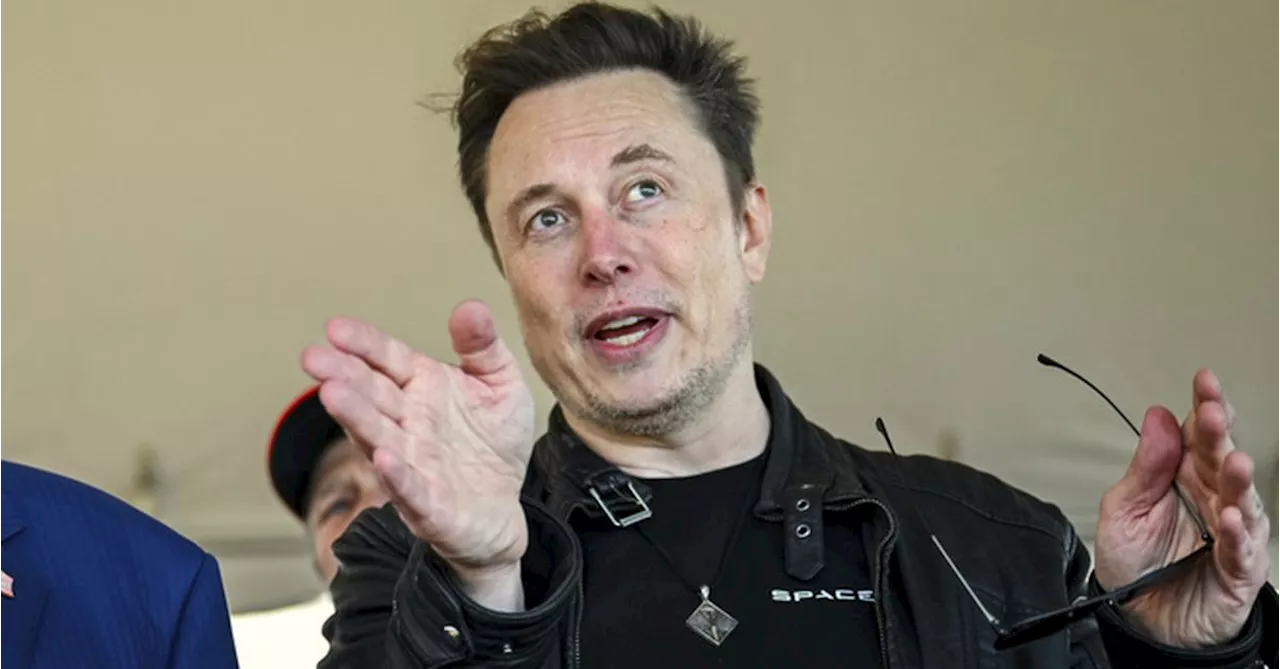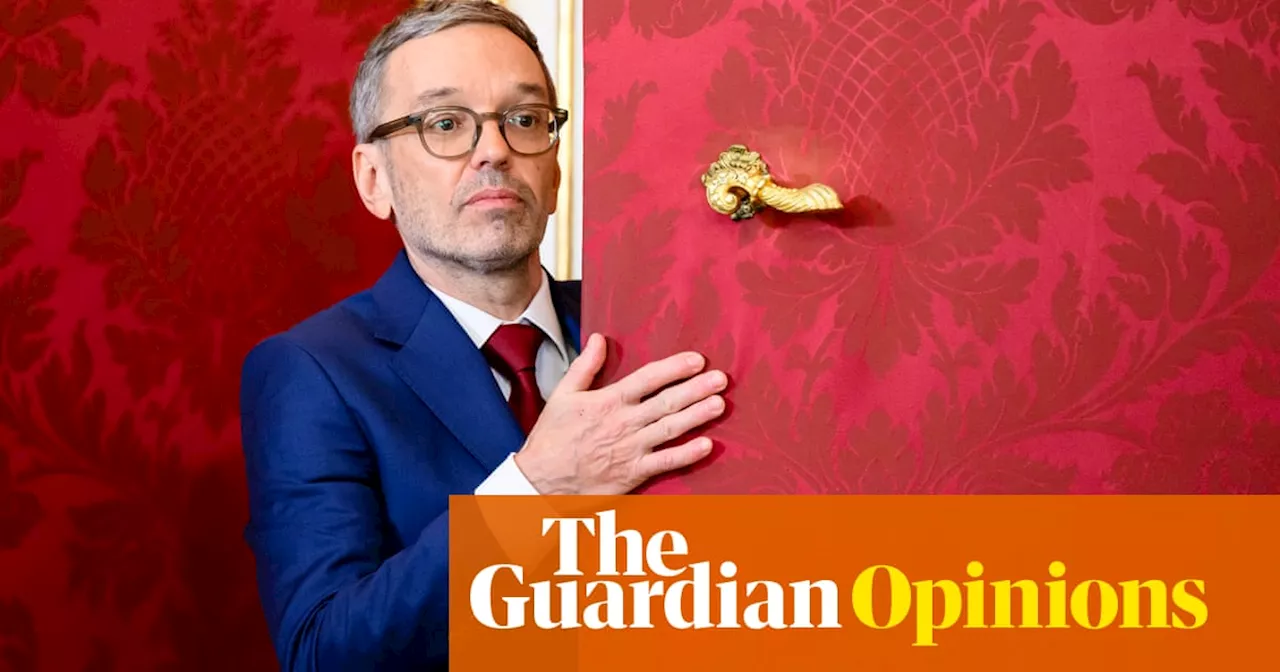Rising AfD support and the breakdown of coalition talks in Austria are forcing Germany's mainstream parties to reconsider their strategy. The text explores the possibility of a scenario where the main parties are forced to unite, despite their current differences, to prevent the AfD from gaining power.
Events in Vienna are forcing Germany 's bickering mainstream parties to rally together. But the AfD could yet outflank the centre? What was previously deemed impossible, then revised down to improbable, is now possible. There are two scenarios in which this could happen, based on these assumptions: Germany ’s Christian Democrats (CDU) win, reasonably comfortably, at around their present poll rating of 30%.
The far-right Alternative für Deutschland (AfD) comes second, with an impressive vote share of between 20% and 25%. Nevertheless, it is excluded from coalition negotiations thanks to the “firewall” established several years ago by the mainstream parties to keep extreme groupings at bay. The CDU leader and probably next chancellor, Friedrich Merz, will be required to open talks with either the Social Democrats (SPD) or the Greens. Both parties of the centre left, however, are predicted to suffer a drubbing, seeing their vote share cut to the mid-teens.Traditionally, coalition negotiations in Germany have been carried out in an atmosphere of gravity, but also civility. Coalitions are one of the cornerstones of the postwar federal republic. They are built into the system at every level, requiring consensus-building, compromise and goodwill. That is now largely absent. The deliberative politeness of German politics – which some outsiders have in the past wrongly dismissed as dullness – has been swept away by the onrush of populism. The outgoing coalition, known as the “traffic light” because of the colours of the three parties involved, disintegrated in acrimony. Previous governments, for sure, have had arguments, but never so openly or with such vitriol as characterised the spats between Scholz, his finance minister, Christian Lindner, of the free-market Free Democrats (FDP), and the Greens’ economics minister, Robert Habeck. By the end, the protagonists could barely stomach being in the same room as one another.The rancour has carried over into the start of the election campaign. The mainstream parties are emphasising their differences with one another on issues ranging from borrowing and spending, to climate and welfare payments. The CDU and SPD are each trying to sound tougher than the other on immigration. Fair enough. That’s what parties are supposed to do in election campaigns. Yet what is different this time is the tone. Some of the key players are employing methods – such as making personal attacks against one another – that are rare in the political culture. These parties know they will have to form a coalition and cooperate – not least to keep out the AfD – but in this new accusatory climate that will be difficult. This is exactly what has happened in Austria: three parties, from centre right, liberal centre and centre left, promised to build an alliance, come what may. Their talks collapsed. Faced with political crisis, the president (a Green and a man with impressive democratic credentials) had to resort to asking Herbert Kickl, the leader of the far-right Freedom party (FPÖ), a man who borrows Hitler’s terminology for the role of chancellor, to lead a government. The pressure is intense, therefore, on Germany’s parties to prevent such a calamity, and the impression I have from speaking to strategists in the mainstream parties is that they are sufficiently alarmed and galvanised by developments in Austria to rally together. Which is where the longer-term scenario comes in. It is eminently possible that the electoral arithmetic will require Merz to bring both the SPD and Greens into government. Let’s assume that the talks go smoothly, ministries are divided up without acrimony and a coalition treaty is agreed. All’s well that ends well, except … Assuming Lindner’s ailing FDP fails to meet the 5% minimum to get into the Bundestag (a threshold originally designed to keep out the extremists), the following would happen: all the mainstream parties would be in government, while the excluded populist parties – the AfD and probably the smaller, more fringe right-wing parties like the NPD – would be left fuming. Given how quickly pendulums swing against governing parties in present-day politics, it is not far-fetched to conclude that the AfD could be in pole position in four to five years’ time when the next general election is called.As the past six months in the UK have shown, it does not take long for a government, even one with an enormous majority, to fall out of favour. Whether public dissatisfaction with Keir Starmer’s Labour administration is real or concocted, whether it is recoverable or not, a clear path has emerged for the Conservatives at the next election. The same applies across Europe. One electoral term now provides ample opportunity for opposition parties to see their popularity surge and for governing parties to collapse as they grapple with deep-seated problems that require more than one term to fix.
GERMANY AFD COALITIONS POLITICS AUSTRIA ELECTION MAINSTREAM PARTIES
Australia Latest News, Australia Headlines
Similar News:You can also read news stories similar to this one that we have collected from other news sources.
 Elon Musk Backs Germany's Far-Right AfD Party in NewspaperTech billionaire Elon Musk has sparked controversy by endorsing Germany's far-right Alternative for Germany (AfD) party in a newspaper opinion piece ahead of crucial parliamentary elections. Musk argued that AfD is a 'last spark of hope' for Germany, praising its potential to drive economic prosperity, cultural integrity, and technological innovation. The AfD is currently polling strongly, but its leader, Alice Weidel, faces an uphill battle to become chancellor due to other parties' refusal to cooperate. Musk's commentary has ignited a debate in Germany about the limits of free speech, prompting the resignation of the newspaper's opinion editor.
Elon Musk Backs Germany's Far-Right AfD Party in NewspaperTech billionaire Elon Musk has sparked controversy by endorsing Germany's far-right Alternative for Germany (AfD) party in a newspaper opinion piece ahead of crucial parliamentary elections. Musk argued that AfD is a 'last spark of hope' for Germany, praising its potential to drive economic prosperity, cultural integrity, and technological innovation. The AfD is currently polling strongly, but its leader, Alice Weidel, faces an uphill battle to become chancellor due to other parties' refusal to cooperate. Musk's commentary has ignited a debate in Germany about the limits of free speech, prompting the resignation of the newspaper's opinion editor.
Read more »
 Musk's Endorsement of AfD Sparks Outrage in GermanyElon Musk's endorsement of Germany's far-right Alternative für Deutschland (AfD) party on X, followed by an opinion article in Die Welt promoting the AfD, has triggered widespread condemnation. Critics argue that Musk's apocalyptic rhetoric and alignment with extremist forces are deeply concerning, especially in a country grappling with its past atrocities. His political meddling, amplified by his wealth and influence on X, is seen as a brazen intrusion into German democracy. Musk's endorsement reflects a broader shift towards far-right narratives in Germany's public discourse.
Musk's Endorsement of AfD Sparks Outrage in GermanyElon Musk's endorsement of Germany's far-right Alternative für Deutschland (AfD) party on X, followed by an opinion article in Die Welt promoting the AfD, has triggered widespread condemnation. Critics argue that Musk's apocalyptic rhetoric and alignment with extremist forces are deeply concerning, especially in a country grappling with its past atrocities. His political meddling, amplified by his wealth and influence on X, is seen as a brazen intrusion into German democracy. Musk's endorsement reflects a broader shift towards far-right narratives in Germany's public discourse.
Read more »
 Badenoch's Test: Mainstream Conservatism vs. MAGA ManiaThe article examines the challenges facing Keir Starmer and Kemi Badenoch in light of Donald Trump's presidency. While Starmer must navigate his relationship with an unreliable US ally, Badenoch, as leader of the Conservative Party, faces a more fundamental question: will she uphold the boundaries of mainstream conservatism or allow it to be eroded by the rise of racially aggravated nationalism?
Badenoch's Test: Mainstream Conservatism vs. MAGA ManiaThe article examines the challenges facing Keir Starmer and Kemi Badenoch in light of Donald Trump's presidency. While Starmer must navigate his relationship with an unreliable US ally, Badenoch, as leader of the Conservative Party, faces a more fundamental question: will she uphold the boundaries of mainstream conservatism or allow it to be eroded by the rise of racially aggravated nationalism?
Read more »
 Winter Cruises in Europe are Becoming MainstreamThe popularity of winter cruising in Europe is on the rise, fueled by rising travel costs and a desire to avoid overcrowding.
Winter Cruises in Europe are Becoming MainstreamThe popularity of winter cruising in Europe is on the rise, fueled by rising travel costs and a desire to avoid overcrowding.
Read more »
 AfD launches manifesto as campaign season for German election beginsPolling for far-right insurgent and its extreme policies is rising but other parties have closed ranks against it despite their weak popularity
AfD launches manifesto as campaign season for German election beginsPolling for far-right insurgent and its extreme policies is rising but other parties have closed ranks against it despite their weak popularity
Read more »
 Musk Backs AfD, Sparks Debate in German MediaElon Musk's opinion piece in German newspaper Welt supporting the far-right Alternative for Germany (AfD) has ignited controversy and debate about free speech.
Musk Backs AfD, Sparks Debate in German MediaElon Musk's opinion piece in German newspaper Welt supporting the far-right Alternative for Germany (AfD) has ignited controversy and debate about free speech.
Read more »
